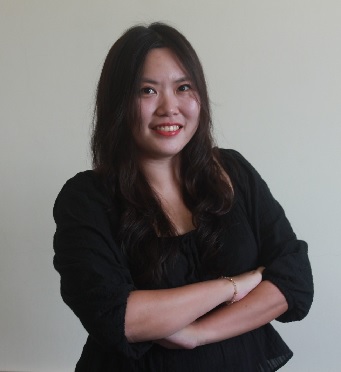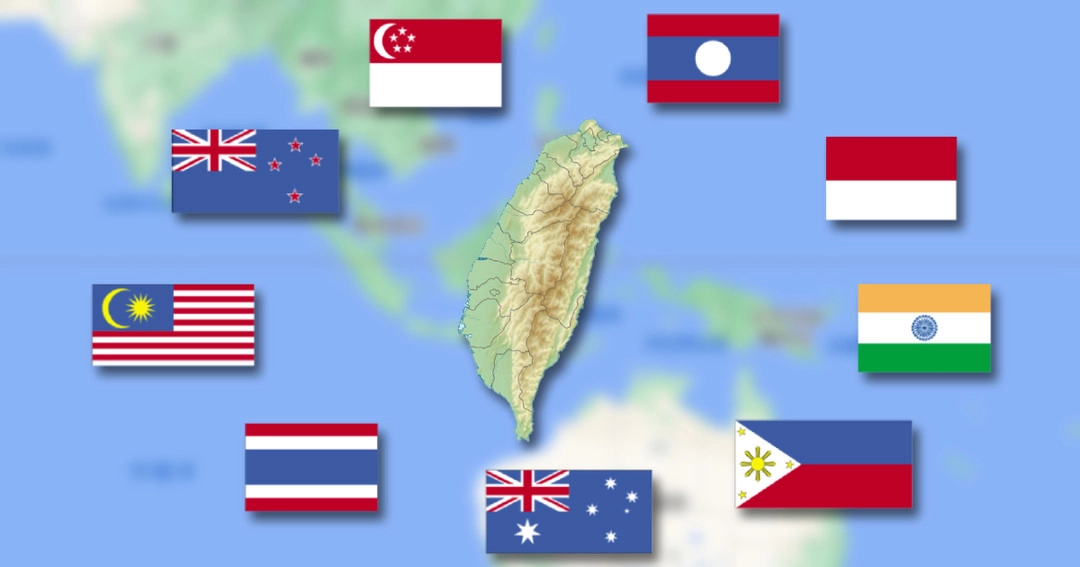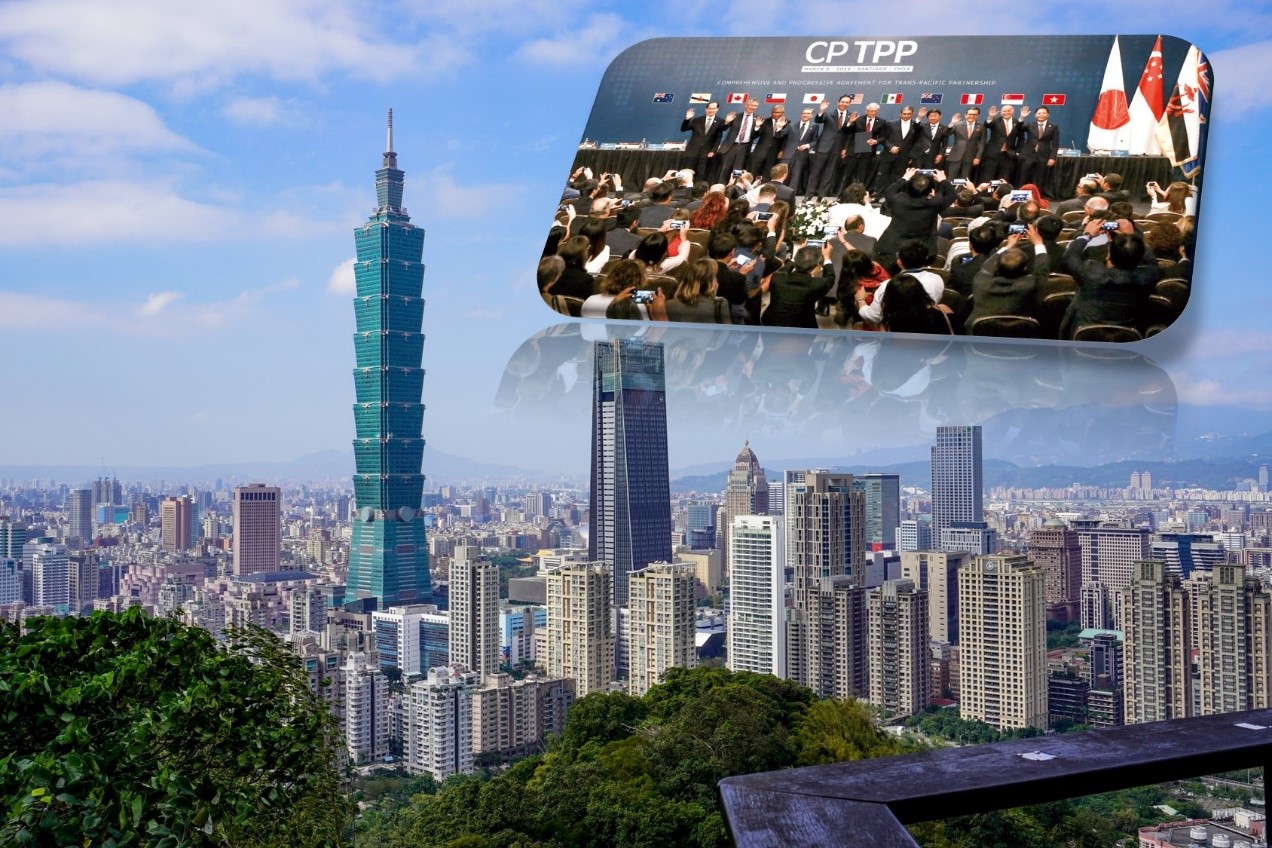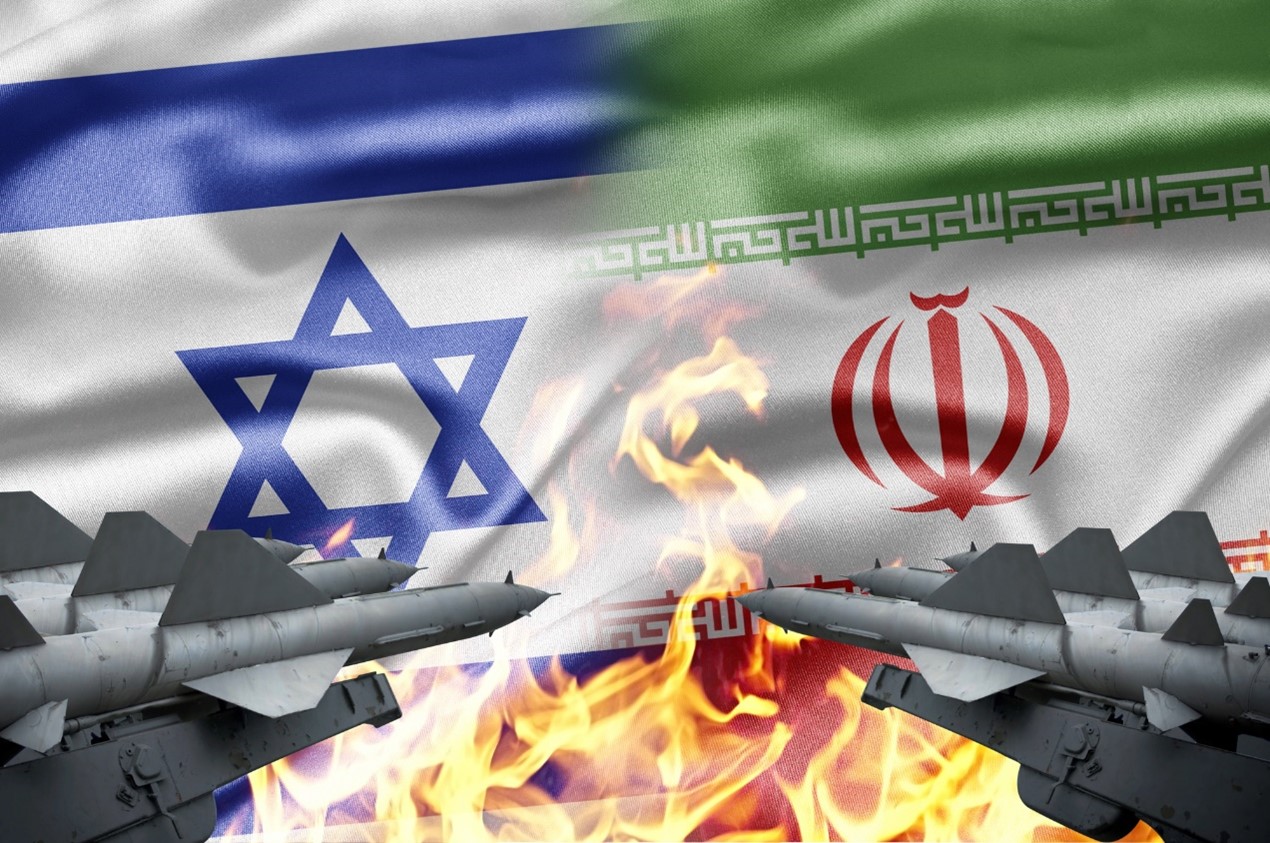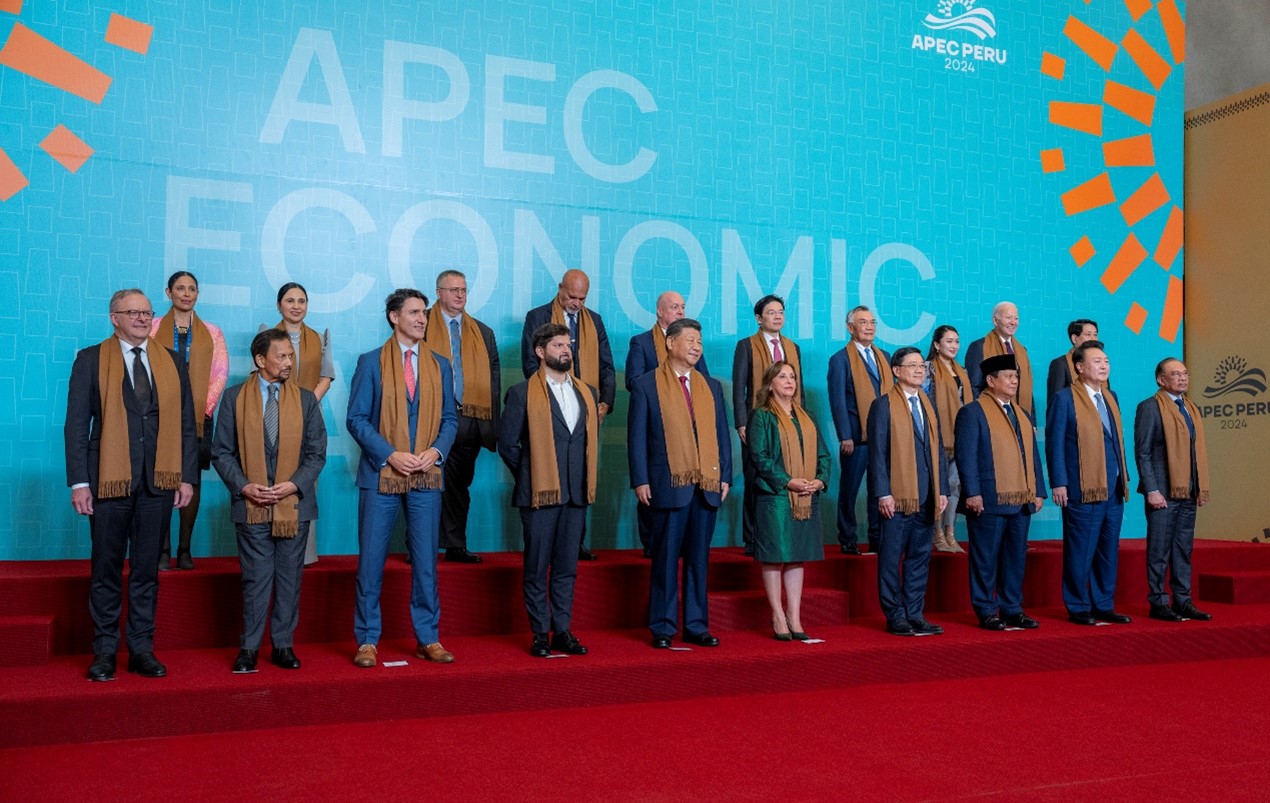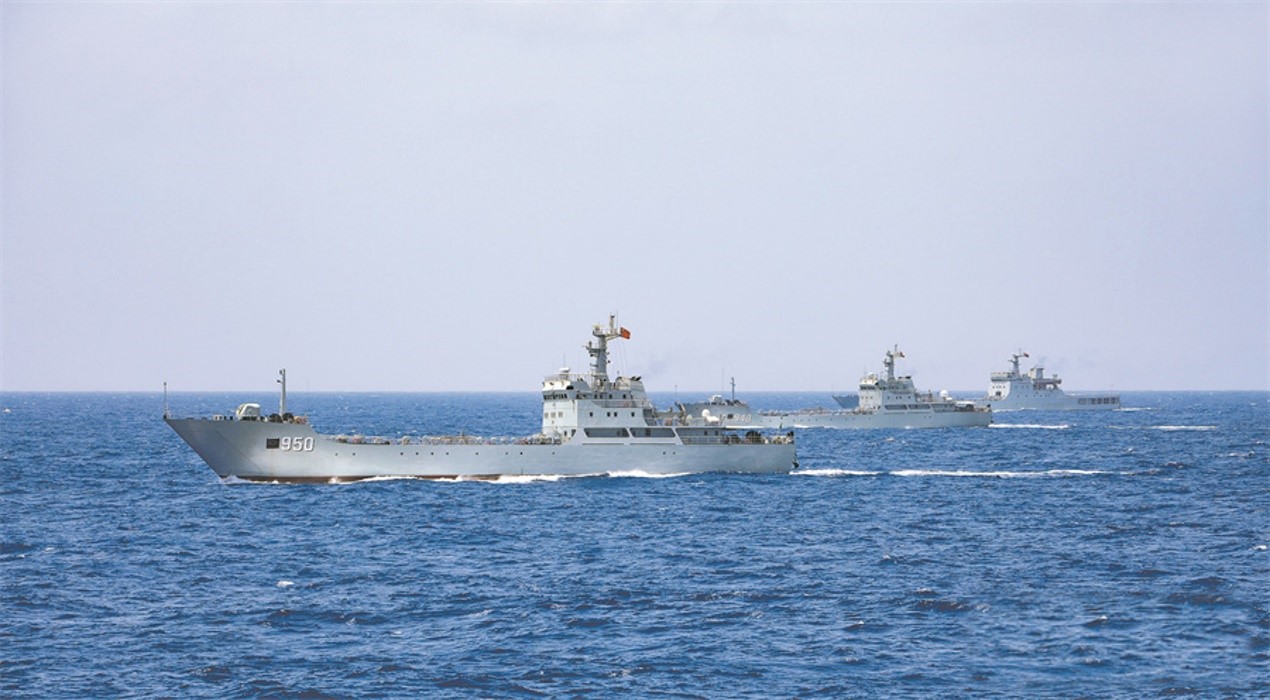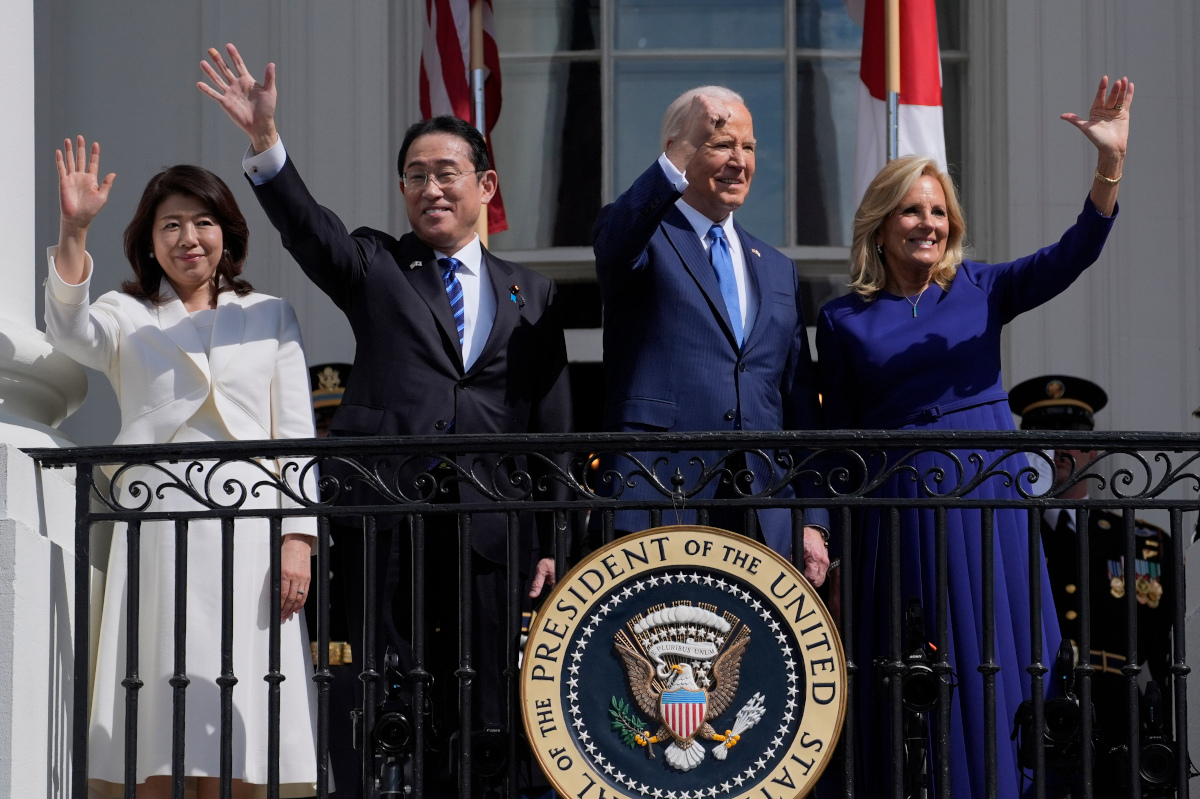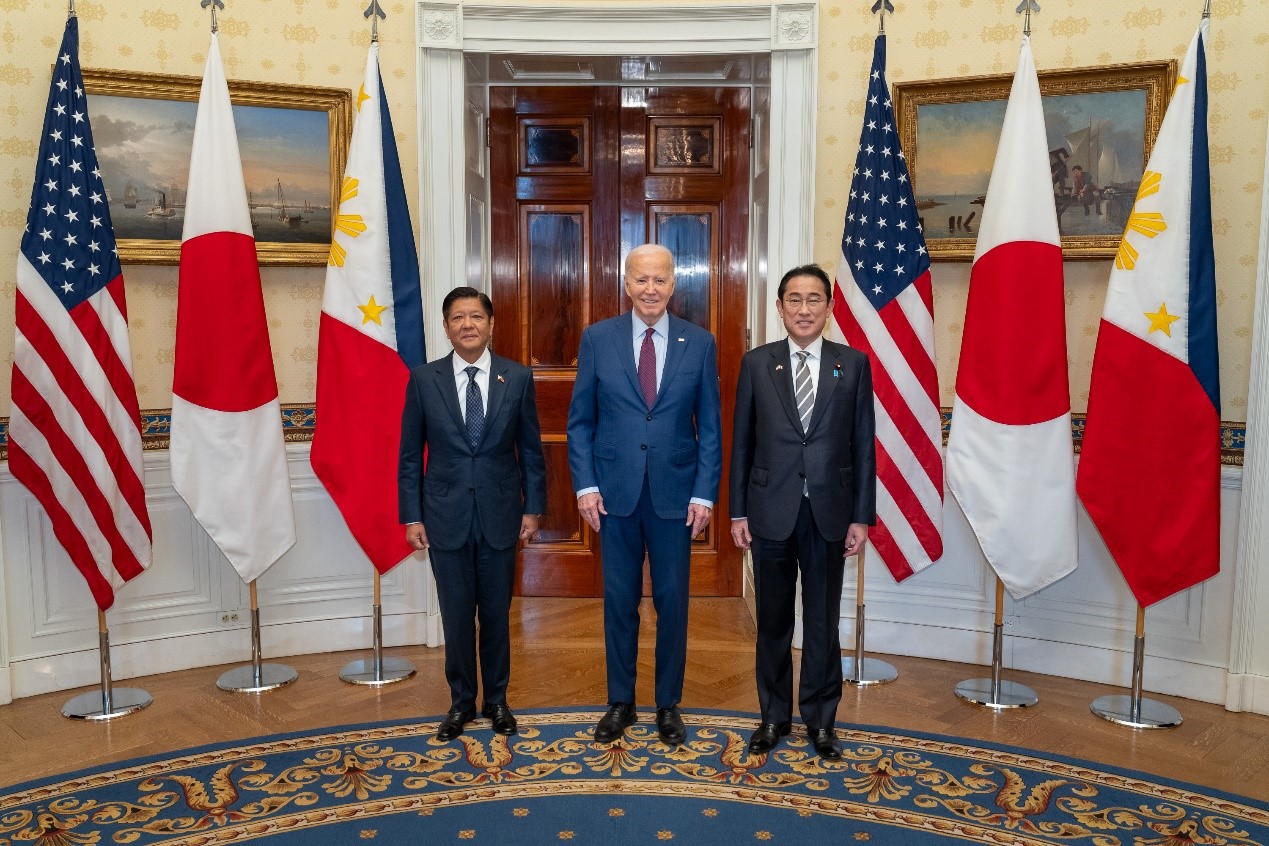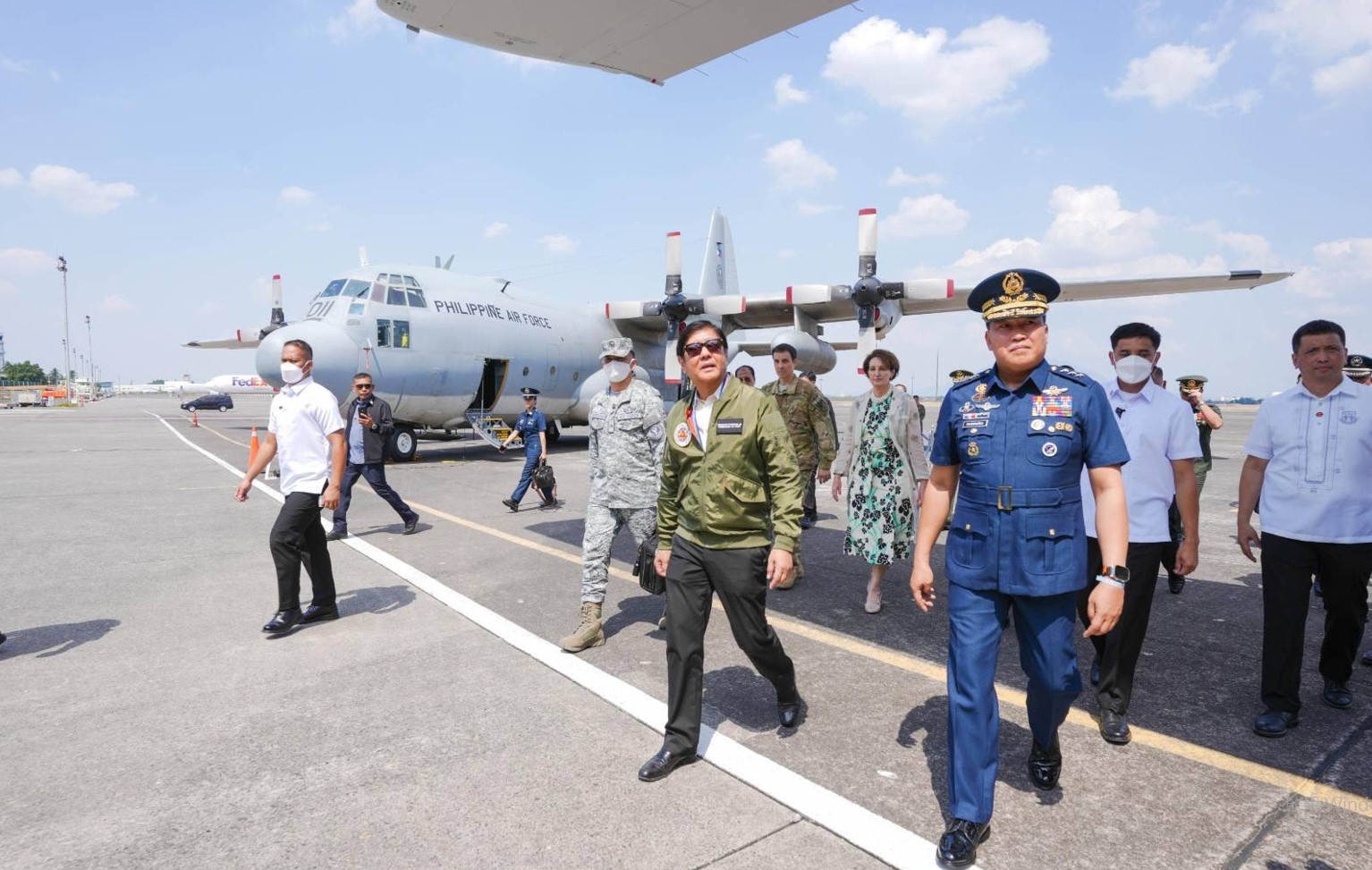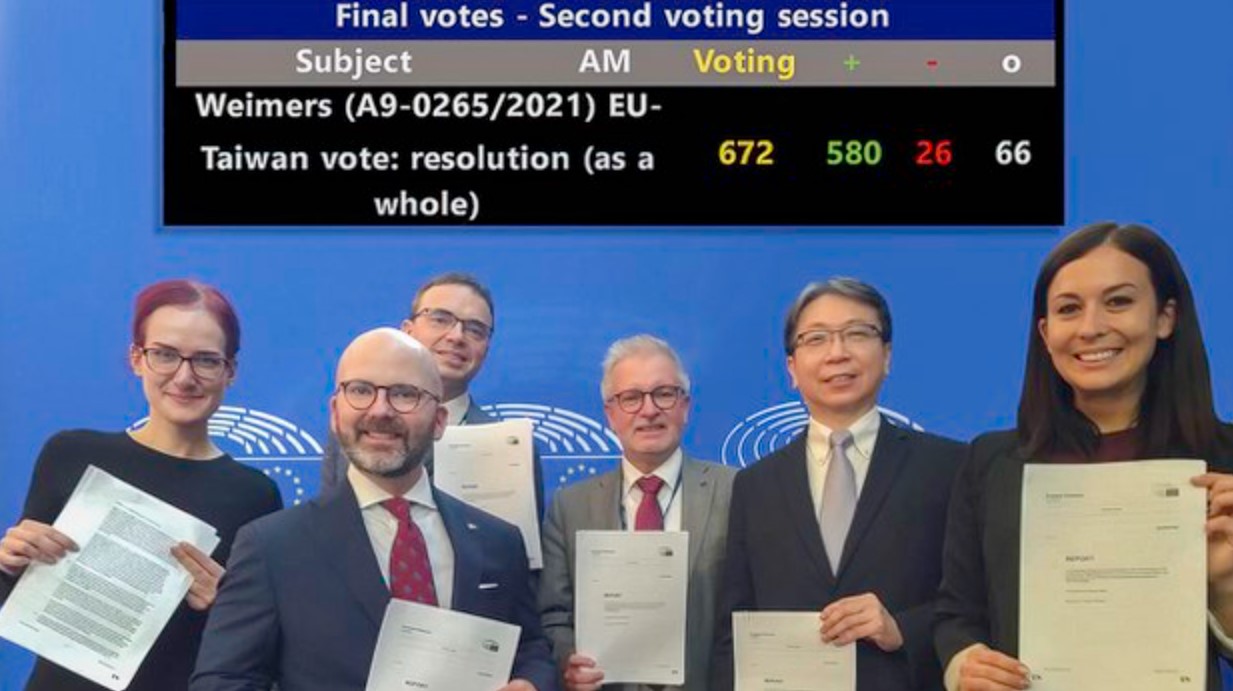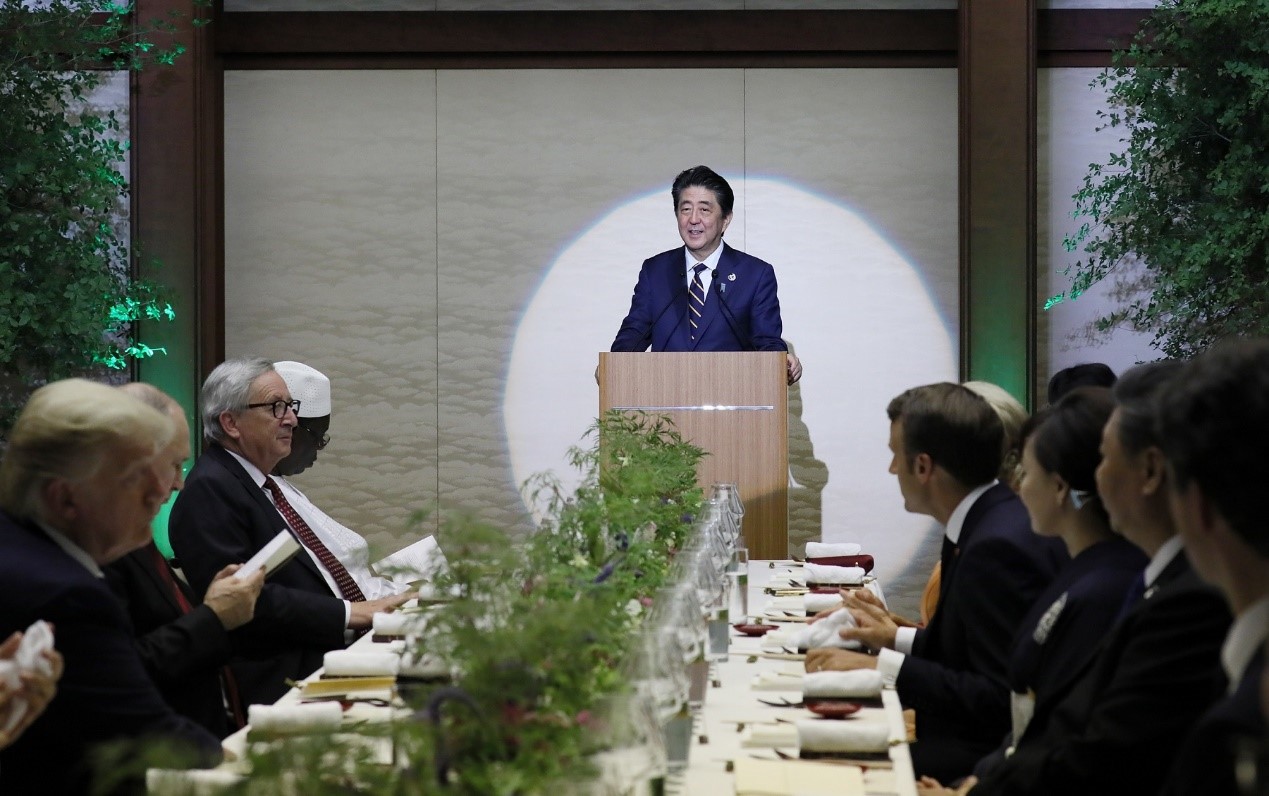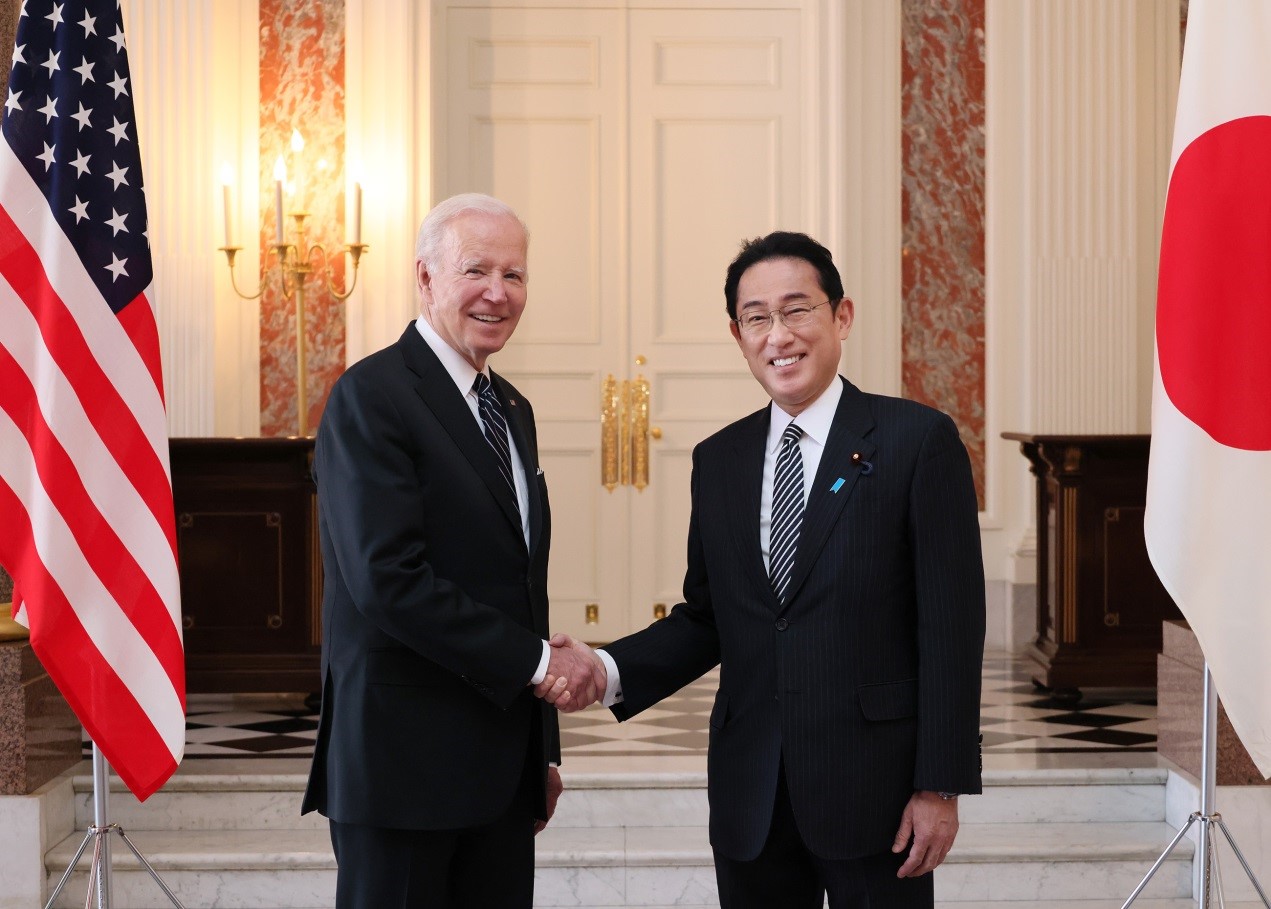In Engaging Southeast Asia, Taiwan Must Play the Long Game and Mustn’t Act Alone
The prosperity and stability of the region must have Taiwan’s involvement, and like-minded countries ought to support this vision. Initiatives such as the U.S.’ Indo-Pacific Economic Framework and Build Back Better World Initiative, Japan’s Partnership for Quality Infrastructure and the Resilient Supply Chain Initiative by Australia, Japan and India should consider factoring in Taiwan’s involvement as a contributing player to a more equitable and stable geoeconomic landscape. Picture source: CitiORANGE, April 20, 2021, CitiORANGE,
Prospects & Perspectives 2022 No. 7
In Engaging Southeast Asia, Taiwan Must Play the Long Game and Mustn’t Act Alone
By Ivy Kwek
February 8, 2022
Engagement with Southeast Asia is more important than ever as Taiwan seeks to consolidate its global position. The New Southbound Policy (NSP), launched by President Tsai Ing-Wen in 2016, has accurately underlined the importance for Taiwan to engage its Southern neighbors for the purpose of reducing reliance on China and for enhancing Taiwan’s soft power globally.
Unfortunately, while the NSP has yielded some remarkable results in the past five years, Taiwan’s foray into strengthening relations with Southeast Asia is not without challenges. On Taiwan’s end, the increasing tensions across the Taiwan Strait have caused the government to channel more attention and resources to this understandably more pressing issue, leading to closer strategic alignment with the U.S. and other like-minded countries. On Southeast Asia’s side, pressure from China has made it hard for Southeast Asian nations to have any high-profile dealings with Taiwan that might earn the displeasure of the giant neighbor and retaliations from a China that is increasingly intolerant of criticism.
This is not an ideal situation for both Taiwan and Southeast Asia. Despite not having former diplomatic relations with Taiwan, many Southeast Asian countries have maintained long-standing economic and people-to-people ties with Taiwan, and relations have continued to flourish under the radar in recent years. Taiwan’s overall trade totaled US$68.4 billion in the first half of 2021, a 32.14% year-on-year increase, while Taiwan recorded US$5.35 billion outbound investments from January to August 2021, doubled compared to the same period the previous year. Students from NSP countries now constitute 56% of foreign students in Taiwan, a 30% increase from 2016.
This goes to show that Taiwan is valued as an important partner in Southeast Asia. Southeast Asia is invested in the stability of Taiwan as it directly concerns the region, which in a way also serves as a bellwether for what’s to come in South China Sea, where China has been increasingly aggressive in staking its claims with actions that destabilize the region. Southeast Asia has an interest in maintaining peace and stability in the region, while ensuring that it will not be subjected to any hegemony.
Southeast Asia is no stranger to great power competition and has been resisting the pressure to take sides. Yet, with the U.S.-China competition showing no sign of letting up, it is getting harder for Southeast Asia to maintain that stance. On one hand, Southeast Asia is clearly aware that just as China’s increasing economic clout has become integral to the region’s development, particularly since the launch of the Belt and Road Initiative in 2013, there are risks of being over-reliant on Chinese investment.
On the other hand, while the revival of the Quad and strengthening of alliances led by the U.S. could provide much-needed deterrence towards China, it also leads to a more high-risk, high-stakes situation that worries Southeast Asian states. The less-than-favorable first reactions towards AUKUS has shown Southeast Asia’s insecurity and concerns of an arms race in the region. Despite that, Southeast Asian countries have not made any further statements on the pact, and trepidation towards AUKUS has not hindered ASEAN willingness to sign a comprehensive partnership with Australia a month later.
To that end, Southeast Asian countries would be wise to recalibrate their strategy to find the proper balance and to protect their interests. While seeking to maintain good relations with China and avoid unwanted battles, Southeast Asia is also increasingly seeking assurances by building stronger, more reliable ties with the U.S. and other countries. Vietnam in particular attended a Quad-plus meeting in 2020. The typically pro-China Rodrigo Duterte has also relented and reversed the order to discontinue the Philippines’ Visiting Forces Agreement with the U.S.
But security promises alone will not motivate Southeast Asia to take a bolder stance against China. It is unrealistic to expect Southeast Asian countries to risk jeopardizing their relations with China. In order for Southeast Asia to exercise its agency, it needs to maintain its economic sovereignty as well. Providing the region with more alternatives to growth and helping Southeast Asian economies get back to their feet post-pandemic will be they key to future engagement. In that regard, the U.S. seemed to have taken into consideration the feedback that it needs a more robust economic engagement in Southeast Asia by announcing the much anticipated Indo-Pacific Economic Framework, even though details are scarce at the moment. Instead of focusing merely on security issues, the Quad has also sought to play down the perception that it constitutes an effort to contain China, and instead focuses on tangible issues such as providing vaccines, promoting a digital economy and strengthening supply chain resilience in the region.
There are areas where Taiwan can help. As the leading chipmaker globally, Taiwan can use this leverage to help Southeast Asia upgrade its supply chain. This would be a case of collective benefit, as Taiwan’s economic minister Wang Mei-hua remarked in an interview recently, arguing that Southeast Asia has a role to play to avoid chip shortages in the region. Further, as the Covid-19 pandemic has also shown the vulnerability of Southeast Asian states in delivering essential goods as well as ensuring food security, Taiwan can seize the opportunity to collaborate and invest in niche areas such as the medical and biotechnology industry, digital innovation, and agri-technology that will also help Southeast Asia build better resilience.
In engaging the region, Taiwan doesn’t need to just go alone. It should seek to creatively partner with other like-minded countries and tap into some of the existing regional vehicles where interests are aligned. Initiatives such as the U.S.’ Indo-Pacific Economic Framework and President Biden’s signature Build Back Better World Initiative, Japan’s Partnership for Quality Infrastructure and the Resilient Supply Chain Initiative by Australia, Japan and India, should consider factoring in Taiwan’s involvement as a contributing player to a more equitable and stable geoeconomic landscape. Likewise, Taiwan’s bid to join the CPTPP would provide a boost to its integration with the region. While no member countries from Southeast Asia have explicitly endorsed Taiwan’s participation — for obvious political reasons (China) — they should have no objection to Taiwan’s bid as long as the political sensitivity is dealt with.
Certainly, given Southeast Asia’s usual conservative approach, it is unlikely that they would make the kind of bold gestures in support of Taiwan that some European countries have made recently. But relations between Taiwan and Southeast Asia should not be measured by this yardstick. Instead, they should be based on long-lasting relationships and value-added in areas of importance. Even as Taiwan deals with other more pressing security issues, the importance of its engagement with Southeast Asia continues to increase, and so should its engagement. Most importantly, Taiwan need not go alone in engaging Southeast Asian partners. The prosperity and stability of the region must have Taiwan’s involvement, and like-minded countries ought to support this vision.
(Ivy Kwek is a MOFA Visiting Scholar at the Institute of International Relations, National ChengChi University; she served as Research Director, Research for Social Advancement)

